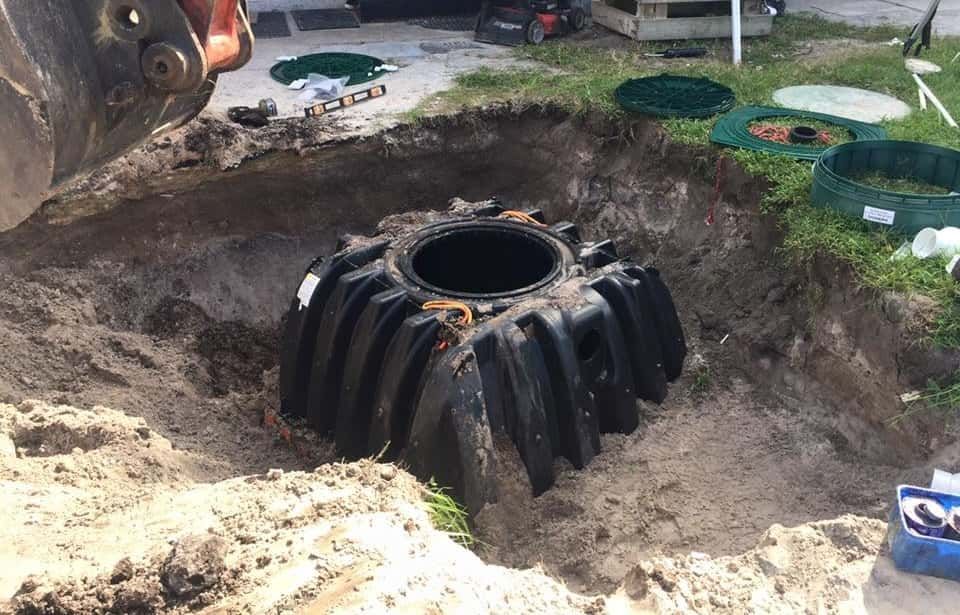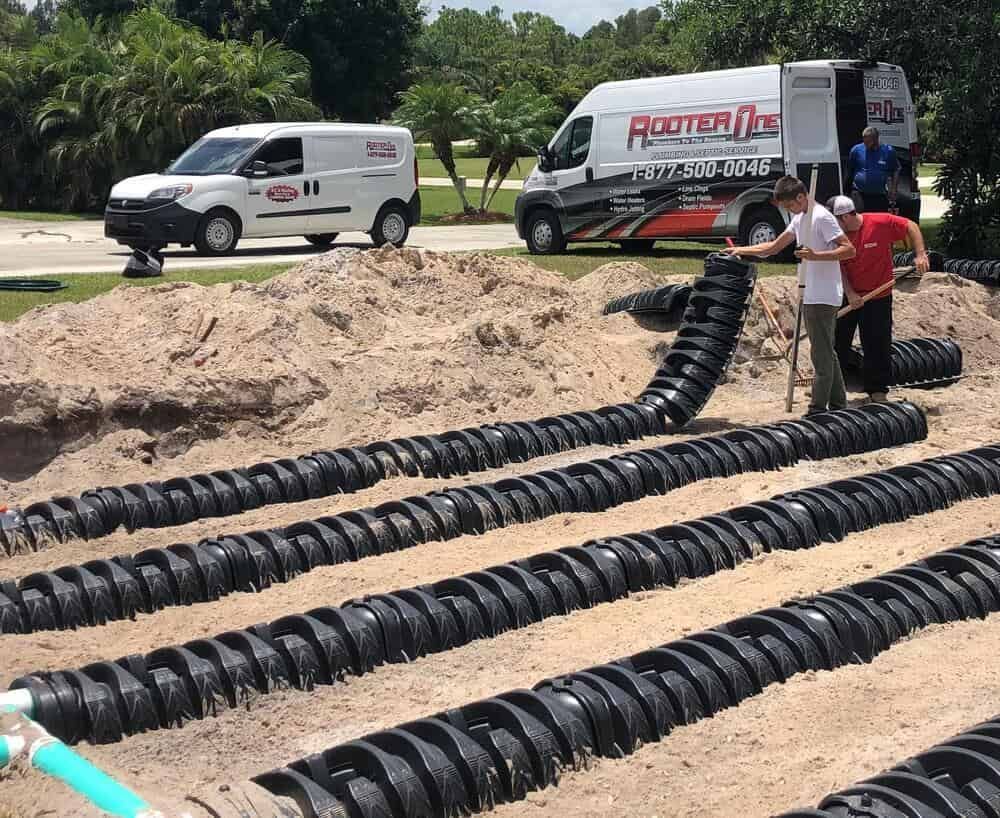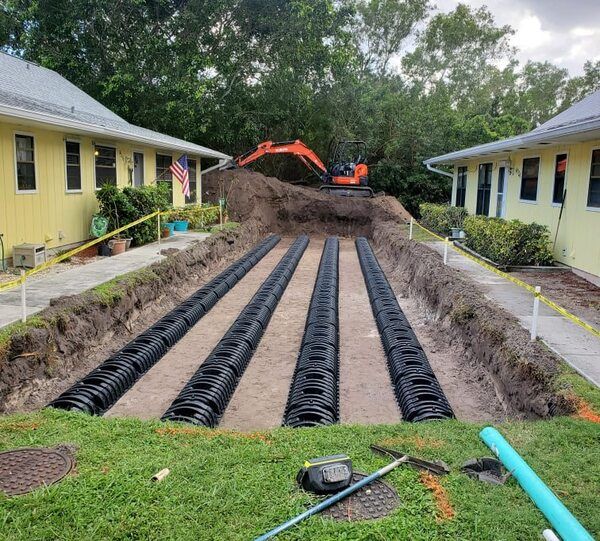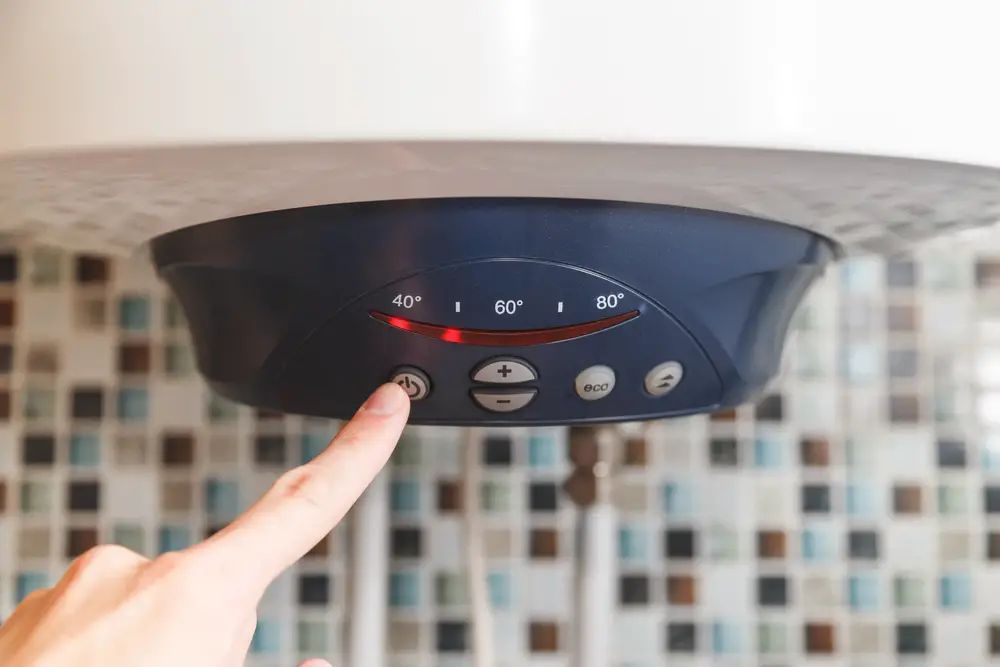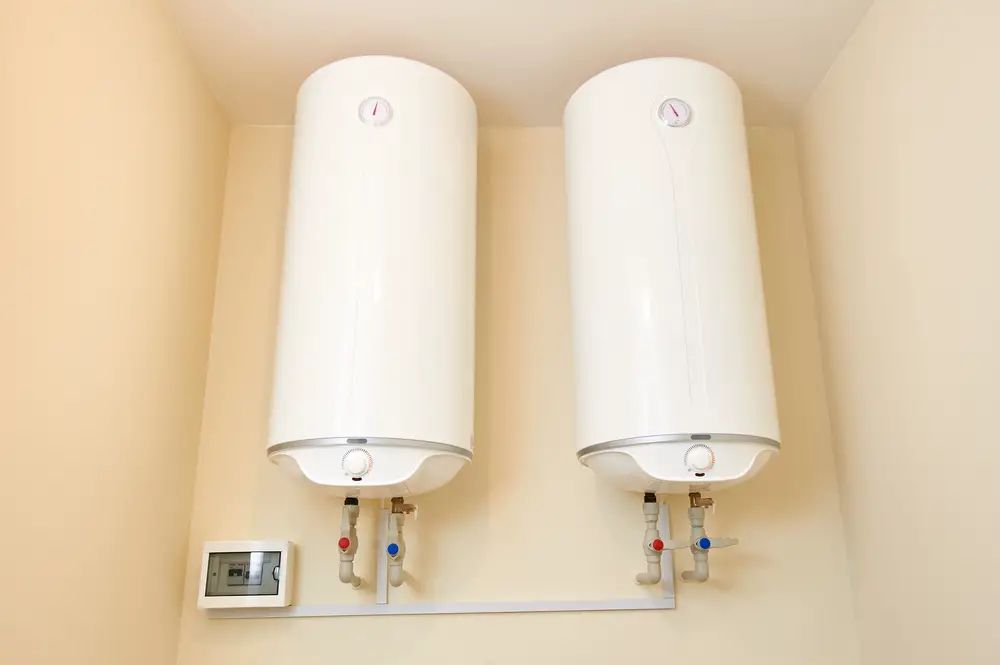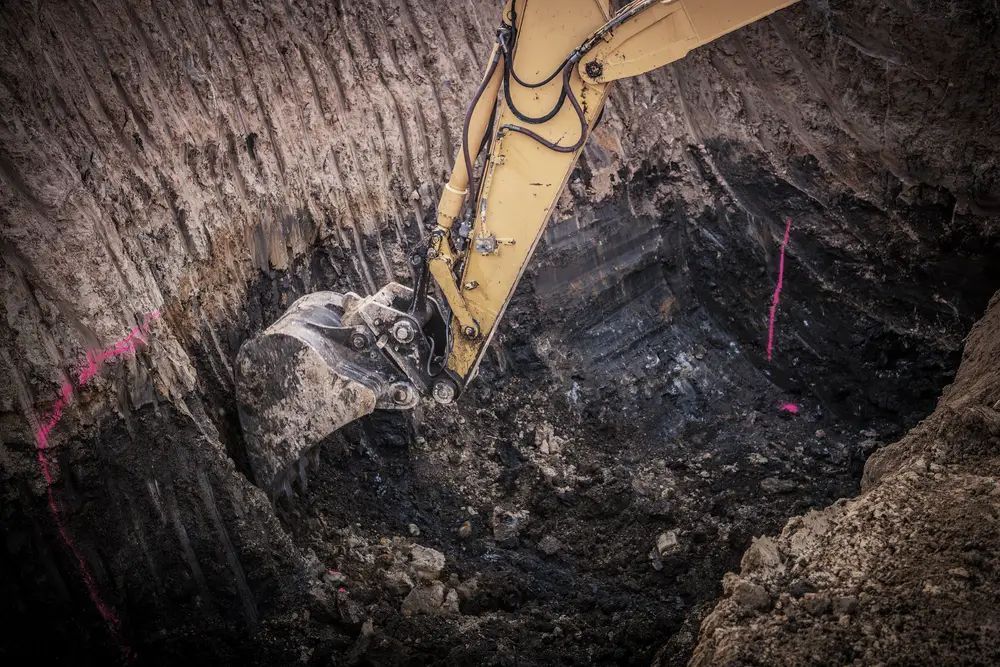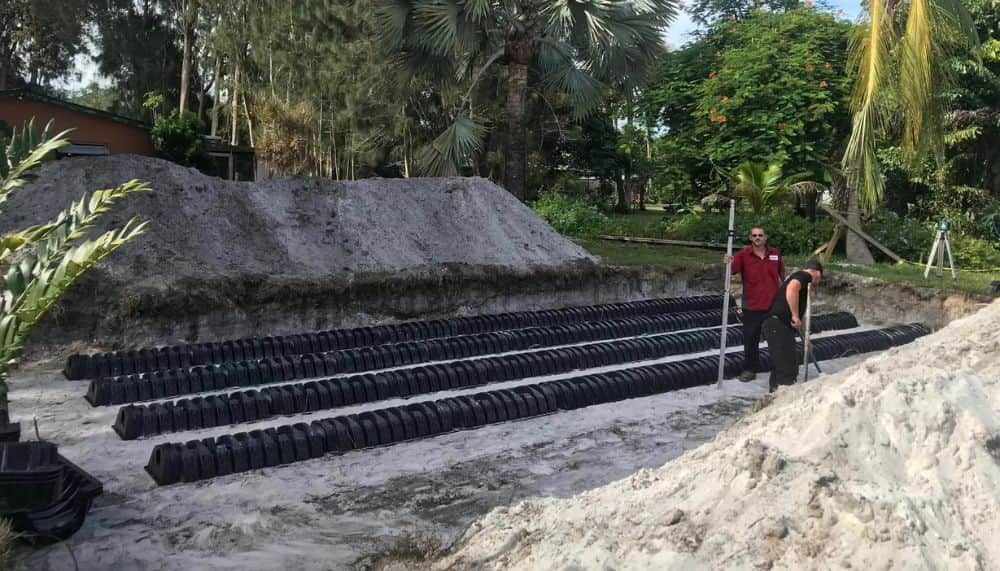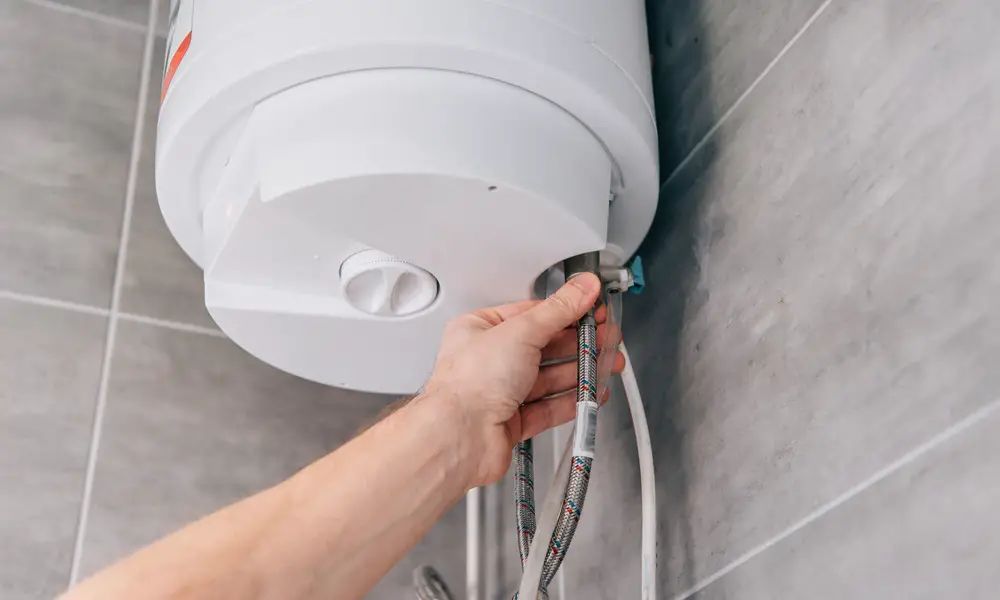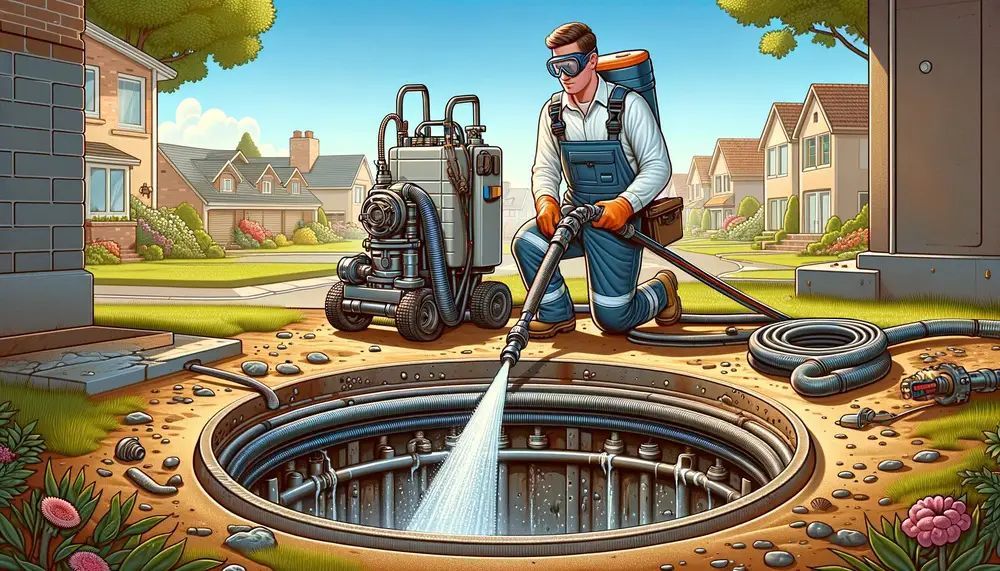Signs of Septic Tank Problems, Their Causes, and Effective Solutions
Septic tanks are like the unsung heroes of our homes, silently managing our wastewater. However, when septic system problems rear their ugly head, they can quickly become a homeowner's worst nightmare. Understanding the signs of septic tank problems, their causes, and the solutions available is essential to prevent costly repairs and environmental hazards. In this comprehensive guide, we will take a deep dive into the world of septic tank issues, shedding light on how these problems manifest and providing valuable insights into how to address them effectively.
Signs of Septic Tank Problems
Slow Drains and Toilet Flushes
One of the earliest signs of septic tank problems is the gradual slowing down of drains and toilets. When wastewater struggles to flow smoothly, it could be due to clogs, blockages, or a full tank.
Identifying the causes of these sluggish drains and toilet flushes is crucial. Sometimes, excessive use of items like wet wipes or excessive grease buildup can clog the pipes, leading to these issues. Learning how to maintain the septic tank and what to avoid putting in it can prolong its lifespan.
Unpleasant Odors
If you suddenly notice unpleasant sewage-like odors in or around your home, it's a clear indicator of septic system problems. These odors can be not only unpleasant but also a health hazard.
Understanding where these odors originate is vital. Often, they result from the accumulation of sewage gasses due to improper ventilation or a tank nearing capacity.
Gurgling Sounds
Strange gurgling sounds emerging from your plumbing fixtures can be an eerie sign of septic system issues. These sounds typically occur when air escapes due to blockages or improper drainage.
Recognizing the mechanics behind these gurgling sounds helps you identify whether it's a minor issue or a more significant problem within your septic system.
Lush, Green Grass
While having a vibrant, lush patch of grass in your yard might initially seem like a boon, it can also indicate potential septic trouble. The excessive nutrients from wastewater can result in a thriving lawn above your septic tank.
Understanding how this lush grass forms can help you assess whether your septic system is overloading the soil in your drain field.
Backup and Overflow
Perhaps the most alarming sign of septic tank problems is wastewater backup or overflow. This not only poses significant health risks but can also lead to extensive property damage if not promptly addressed.
Identifying what causes these backups, such as a saturated drain field or a tank that hasn't been pumped in years, can prompt you to take immediate action.
Common Septic Tank Problems and Their Causes
Let us explore what causes septic tank problems.
Tank Overflows
Tank overflows occur when your septic tank reaches its maximum capacity, causing sewage to back up into your home. This unpleasant situation can be attributed to two primary factors:
Infrequent Pumping: Septic tanks require periodic pumping to remove accumulated solids and scum. Neglecting this maintenance task can lead to tank overflows as it reduces the tank's capacity to hold wastewater effectively.
Excessive Water Usage: Excessive water usage, especially in a short period, can overwhelm the septic system. This rapid water inflow can surpass the tank's ability to process it, resulting in overflows.
Drainfield Issues
The drain field is a critical component of your septic system and is responsible for the final treatment and disposal of wastewater. Various problems can impair its functionality, leading to slow drains and foul odors:
Clogs: Over time, solids from the septic tank can enter the
drain field, causing clogs. This restricts the flow of wastewater into the soil, leading to drainage issues and odors.
Soil Compaction: Soil compaction can occur due to heavy vehicles or excessive foot traffic over the drainfield area. Compacted soil hinders the absorption of wastewater, causing it to pool on the surface and create a foul-smelling mess.
Clogs and Blockages
Within your plumbing system, clogs and blockages can disrupt the smooth flow of wastewater. Common causes of these obstructions include:
Household Items: Items not suitable for septic systems, like wet wipes or sanitary products, can accumulate in the pipes over time. These non-biodegradable materials lead to blockages and slow drains.
Grease Accumulation: Pouring cooking grease down the drain may seem convenient, but it can solidify inside the plumbing, creating stubborn blockages. Grease buildup impedes the passage of wastewater.
Tree Root Intrusion
Trees seeking moisture can pose a significant threat to your septic system. The intrusion of tree roots into your septic components, such as pipes and tanks, can lead to damage and blockages:
Pipes and Tanks: Tree roots can infiltrate pipes and tanks, causing cracks or structural damage. As they grow and expand, these roots can block the flow of wastewater, resulting in backups and overflows.
Pumping Problems: Neglecting septic tank pumping can have adverse consequences for your system's efficiency and functionality.
Accumulation of Solids
Over time, solids in the septic tank settle to the bottom and form a layer of sludge. Without regular pumping, this sludge can accumulate and reduce the tank's capacity to hold wastewater. When it approaches its limit, overflows and backups become more likely.
Solutions for Common Septic Tank Problems
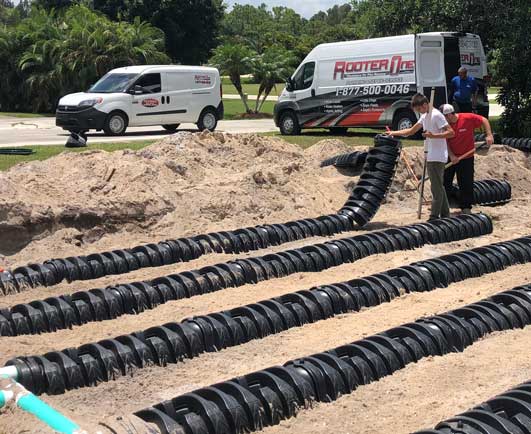
Addressing septic tank problems promptly is crucial. Here are some solutions:
Routine Maintenance: Regular inspections, pumping, and cleaning can prevent many septic tank problems from occurring.
Pumping and Cleaning: Schedule septic tank pumping and cleaning according to the recommendations for your tank's size and household usage.
Repairs and Replacements: In cases of extensive damage, you may need to repair or replace components of your septic system. Consult a septic system professional for guidance.
Rainwater Management: Septic tank problems when it rains shouldn't be overlooked. Implement rainwater management strategies to protect your septic system during wet seasons.
Who to Call for Septic Tank Problems
When faced with septic tank issues remember our comprehensive septic services in Port St. Lucie cover every aspect from repair, cleaning, to septic tank pumping. Knowing whom to call when you encounter these challenges is essential:
Septic Service Providers: Reputable septic service providers offer routine maintenance and repair services. Choose a trusted company for your septic needs.
Plumbing Experts: When plumbing issues contribute to septic problems, a skilled plumber can diagnose and resolve them.
Environmental Agencies: In cases of environmental contamination or public health concerns, local environmental agencies may need to be involved.
Conclusion: Safeguard Your Septic System with Expert Care
Understanding septic tank problems and knowing their solutions is vital for homeowners. By recognizing the signs, addressing common issues, and following proper maintenance guidelines, you can keep your septic system functioning smoothly and avoid costly and inconvenient problems down the road.
Don't wait until a tiny issue becomes a major headache; take proactive steps to protect your septic system and your home by calling Rooter One's plumbing experts. We can help with septic tank repair and maintenance in Fort Pierce and the surrounding St. Lucie County area.
ROOTER ONE
FORT PIERCE
5400 ORANGE AVENUE,
FORT PIERCE, FL, 34950
PORT ST. LUCIE
1742 SE LORRAINE ST.
PORT ST. LUCIE, FL 34952
STUART
6526 S. KANNER HIGHWAY
STUART, FL 34997
QUICK LINKS
Port St. Lucie Commercial Plumbing
LICENSE NUMBER: CFC1428754



